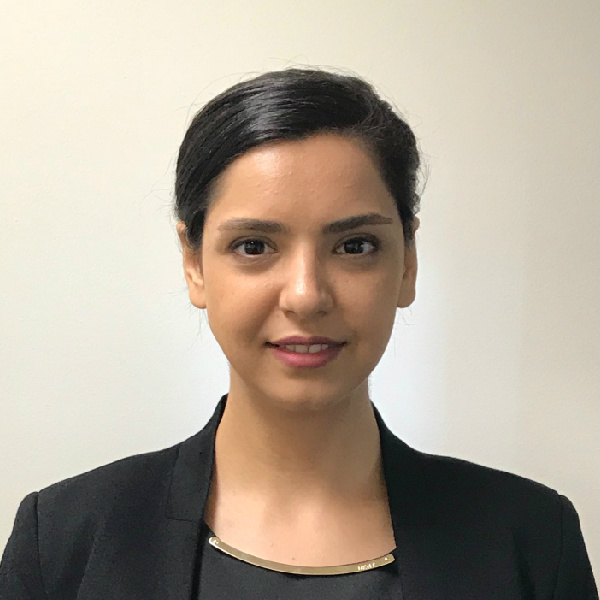SSWR Doctoral Student Spotlight
The SSWR Doctoral Student Members Task Force is launching a new series featuring research conducted by doctoral students. The series is intended to bring awareness and attention to the research being done by social work doctoral students, as well as important issues in the field. One spotlight piece will be featured each week on the SSWR Doctoral Student Member Blog & Facebook Page during the fall 2018 semester.
Assessing Refugee Poverty Using Capabilities Versus Commodities
Mitra Naseh
Student Researcher: Mitra Naseh, Florida International University
About the Researcher: Mitra Naseh is a PhD candidate (4th-year) and graduate assistant at the FIU. Her research is focused on refugees’ wellbeing. Mitra has several journal papers and book chapters on refugees’ welfare and is the co-author of the second edition of the Best Practices for Social Work with Refugees and Immigrants.
Study Description: This study is among the first to calculate poverty among one of the world’s largest refugee populations, Afghans in Iran. More importantly, it is one of the first to use capability and monetary approaches to provide a comprehensive perspective on Afghan refugees’ poverty and deprivation.
Inspiration for the Study: I am an activist and as long as I can remember I have been involved in the humanitarian field, advocating for refugees’ rights.
Methodological Approach: I utilized basic needs poverty lines and the World Bank’s absolute poverty line for the monetary poverty analyses and the global Multidimensional Poverty Index for the capability analyses of poverty.
Findings: Nearly 50% Afghan households were income-poor, approximately 2% of the households had less than USD 1.25 per person per day, and about 28% were multidimensionally deprived. Results suggest that 60% of the income-poor households were not multidimensionally deprived, and about 32% of the multidimensionally deprived households were not income-poor.
Implications: In the absence of a prior published study on Afghan refugees’ poverty in Iran, this study provides a baseline. More importantly, it highlights some of the shortcomings of monetary poverty assessments, despite income levels higher than poverty lines, a considerable number of Afghan refugee households were multidimensionally deprived.
Challenges Encountered: Afghan refugees in Iran are considered a politically sensitive population and data collection for this study was extremely challenging.
Questions or comments for Mitra? Email her at: mahma024@fiu.edu

